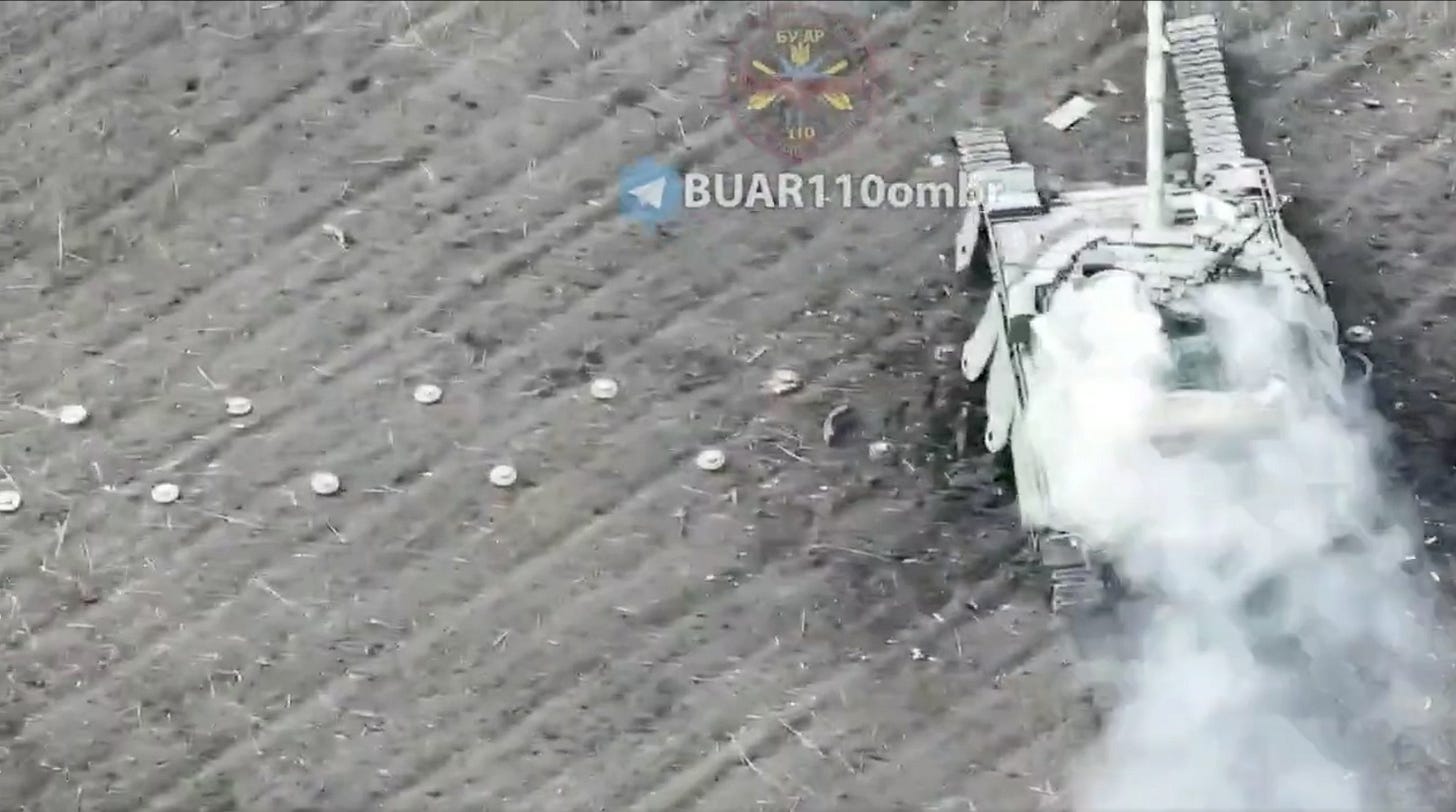The Battle of Avdiivka and the Dangers of Getting High on Your Own Telegram Supply
Russia's army is fundamentally broken

Defense can be decisive. At first, the widespread view of the Russian effort at Avdiivka, now in its sixth day, was that they had achieved complete surprise, and thus overturned many assumptions about th…


